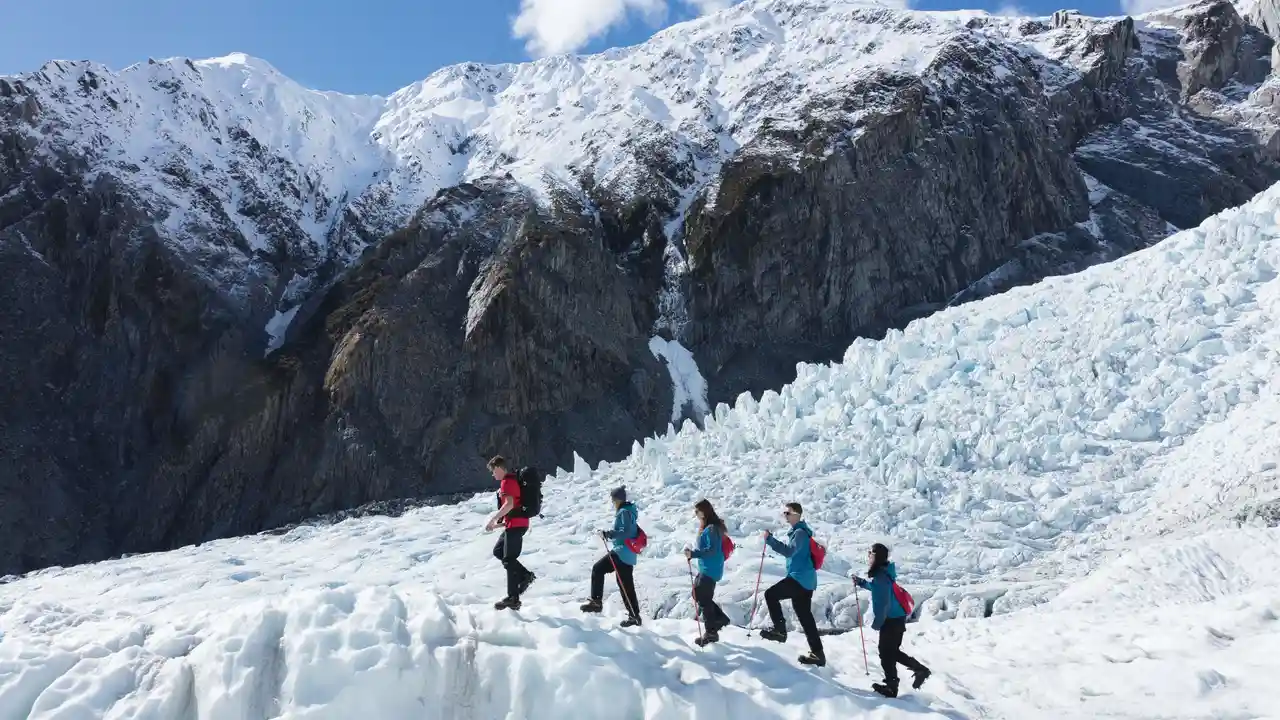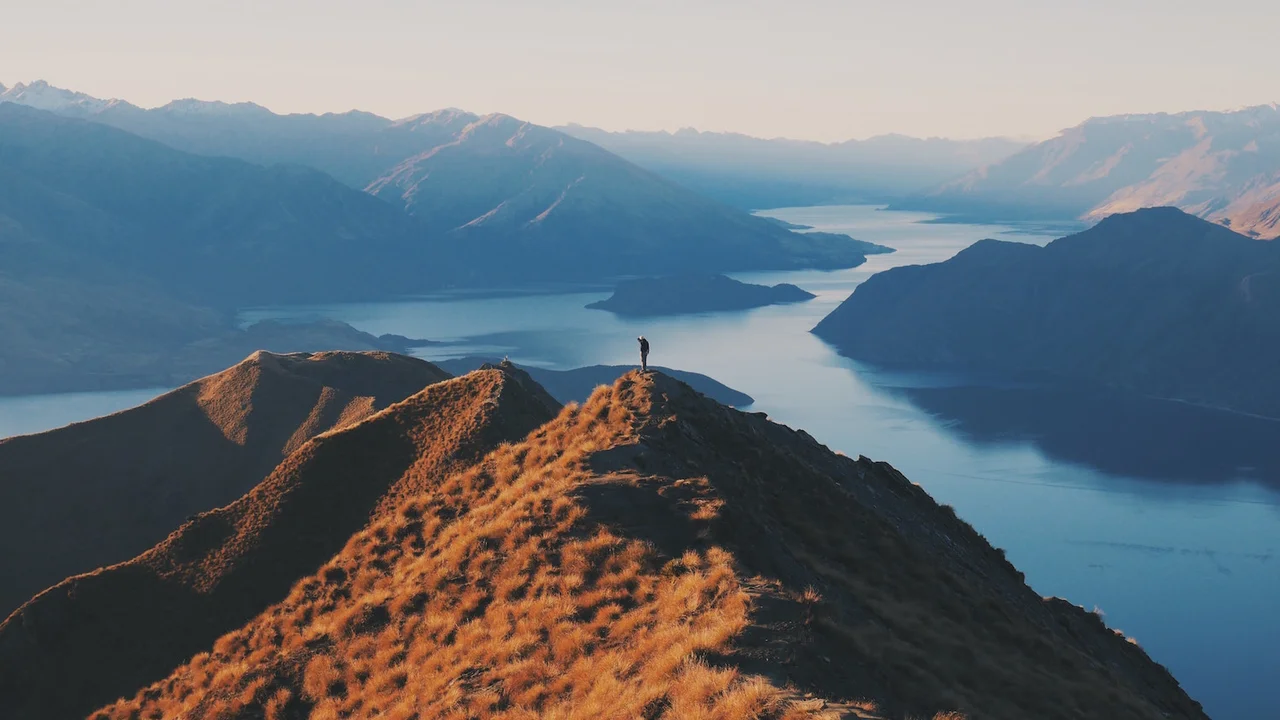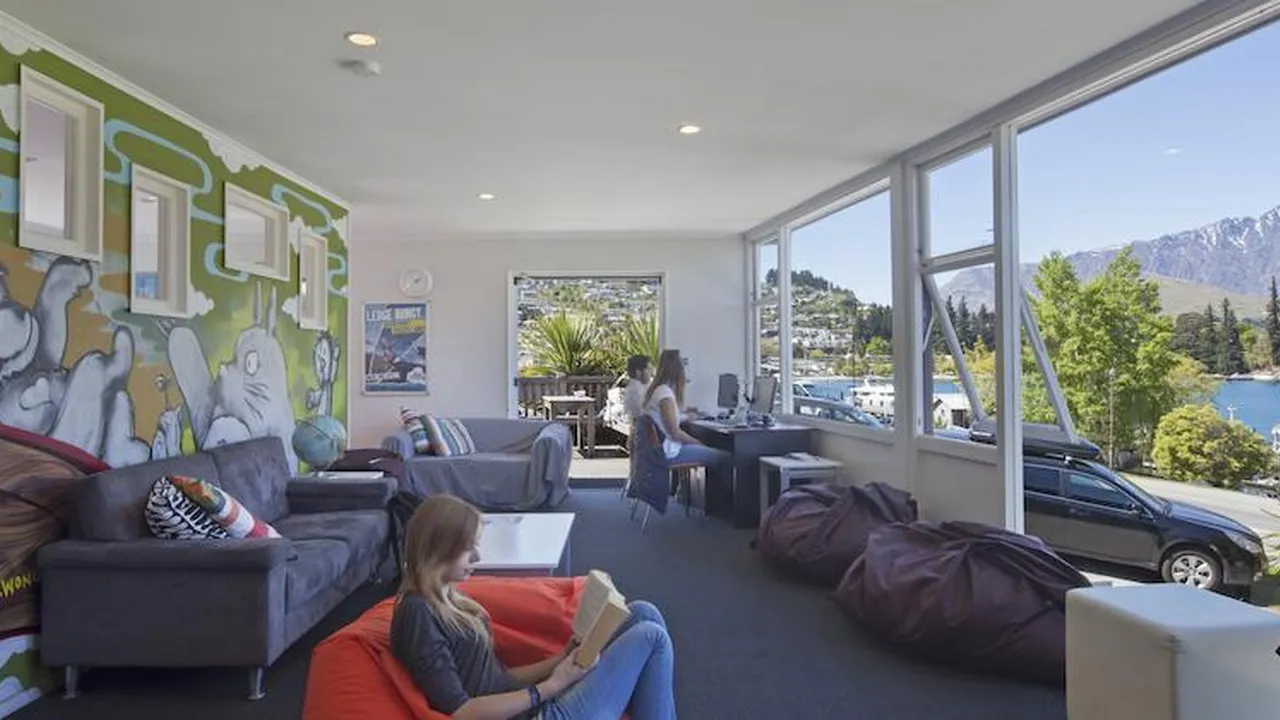Healthcare in New Zealand: A Guide for Travelers
Sample meta description.

Understanding New Zealand's Healthcare System for American Tourists NZ Health Basics
So, you're heading to New Zealand! Awesome choice. It's stunning. But before you get lost in the beauty of the fjords and mountains, let's talk about something crucial: healthcare. You know, just in case. Unlike the US, New Zealand has a publicly funded healthcare system. This means that residents and certain visa holders have access to subsidized or free healthcare. But what about you, the American tourist?
Well, the short answer is: you're probably going to need travel insurance. New Zealand's public health system, while fantastic for its citizens, doesn't automatically cover tourists. Accidents are covered under ACC (Accident Compensation Corporation) but illnesses generally aren't. Let's break it down:
* **Public Healthcare:** Generally not accessible to tourists except in emergencies. * **ACC (Accident Compensation Corporation):** Covers injuries caused by accidents, regardless of fault. This is a big one. If you slip and break your leg hiking, ACC will likely cover a good chunk of the costs. * **Private Healthcare:** Available, but can be expensive without insurance. Think US prices, but maybe a bit cheaper.Travel Insurance Essential for US Citizens Visiting New Zealand Travel Insurance Options
Seriously, don't skimp on travel insurance. It's the single most important thing you can do to protect yourself financially. Think of it as a small price to pay for peace of mind. Imagine getting sick or injured and being stuck with a huge medical bill – not a great way to remember your trip! When choosing travel insurance, consider these factors:
* **Medical Coverage:** Make sure it covers medical expenses, including hospitalization, doctor visits, and prescription medications. Read the fine print! * **Emergency Evacuation:** This is HUGE. If you're in a remote area and need to be airlifted to a hospital, this coverage could save your life (and your bank account). * **Trip Interruption/Cancellation:** Covers you if you have to cancel or cut your trip short due to illness or other unforeseen circumstances. * **Lost/Stolen Baggage:** Always a good thing to have, especially if you're traveling with expensive gear. * **Pre-existing Conditions:** Be honest about any pre-existing medical conditions. Failing to disclose them could invalidate your policy.Some popular travel insurance providers that Americans often use include:
* **World Nomads:** Known for their adventure travel policies, good for activities like hiking, skiing, and diving. * **Allianz Travel Insurance:** Offers a wide range of policies, from basic to comprehensive. * **Travel Guard:** Another reputable provider with various coverage options.Finding the Right Travel Insurance Policy for New Zealand Comparing Travel Insurance Plans
Okay, so you know you need travel insurance. Now, how do you choose the right policy? Here's a step-by-step guide:
1. **Determine Your Needs:** What activities will you be doing? Do you have any pre-existing conditions? How much coverage do you need? 2. **Get Quotes from Multiple Providers:** Don't just go with the first policy you see. Compare prices and coverage options. 3. **Read the Fine Print:** Seriously, read it! Understand what's covered and what's not. Pay attention to exclusions and limitations. 4. **Consider the Deductible:** A higher deductible usually means a lower premium, but you'll have to pay more out of pocket if you make a claim. 5. **Check Customer Reviews:** See what other travelers have to say about their experiences with the insurance provider.Don't be afraid to call the insurance provider and ask questions. They're there to help you find the right policy.
Over-the-Counter Medications in New Zealand Pharmacies and Basic Health Supplies
If you just need some basic supplies, New Zealand pharmacies (called "chemists") are well-stocked. You'll find familiar brands, but also some local alternatives. Here's a quick rundown of what you can expect:
* **Pain Relief:** Paracetamol (Panadol) and ibuprofen (Nurofen) are readily available. * **Cold and Flu Remedies:** A variety of decongestants, cough syrups, and throat lozenges. * **Antihistamines:** For allergies. * **Sunscreen:** Essential, as the New Zealand sun is strong. Look for high SPF. * **Insect Repellent:** Especially important if you're hiking or spending time outdoors.For anything stronger, you'll need a prescription from a doctor.
Recommended Products for Travelers First Aid Kits and Essential Medications
Let's get specific about some products you might want to consider bringing or buying in New Zealand:
* **First Aid Kit:** A basic first aid kit is a must-have. You can buy pre-made kits or assemble your own. Include bandages, antiseptic wipes, pain relievers, and any personal medications. * **Product Recommendation:** Adventure Medical Kits Ultralight/Watertight Medical Kit. **Usage:** Perfect for hiking and backpacking. **Comparison:** Lighter and more compact than other kits. **Price:** Around $30. * **Travel-Sized Hand Sanitizer:** Keep those germs at bay! * **Product Recommendation:** Purell Advanced Hand Sanitizer. **Usage:** On-the-go hand cleaning. **Comparison:** Widely available and effective. **Price:** Around $3 for a small bottle. * **Motion Sickness Medication:** If you're prone to motion sickness, bring some medication, especially if you're planning on taking ferries or buses. * **Product Recommendation:** Dramamine or Bonine. **Usage:** Prevents and treats motion sickness. **Comparison:** Dramamine can cause drowsiness; Bonine is less likely to. **Price:** Around $10. * **High-SPF Sunscreen:** The New Zealand sun is intense, even on cloudy days. Choose a broad-spectrum sunscreen with an SPF of 30 or higher. * **Product Recommendation:** Neutrogena Ultra Sheer Dry-Touch Sunscreen SPF 55. **Usage:** Daily sun protection. **Comparison:** Lightweight and non-greasy. **Price:** Around $12. * **Insect Repellent with DEET:** Protect yourself from sandflies and mosquitoes. * **Product Recommendation:** OFF! Deep Woods Insect Repellent. **Usage:** Repels mosquitoes, ticks, and other biting insects. **Comparison:** Contains DEET, which is highly effective. **Price:** Around $8.Finding a Doctor in New Zealand Accessing Medical Care as a Tourist
If you need to see a doctor while in New Zealand, here's how to find one:
* **General Practitioner (GP):** This is your primary care doctor. You can find a GP by searching online or asking your hotel or accommodation for recommendations. * **Accident & Emergency (A&E):** For emergencies, go to the nearest hospital's A&E department. * **After-Hours Clinics:** These clinics are open outside of regular business hours.Be prepared to pay for your consultation upfront. You can then submit a claim to your travel insurance provider for reimbursement.
Emergency Situations Knowing What to Do in an Emergency
In case of an emergency, dial 111. This is the emergency number for police, fire, and ambulance services. Be prepared to provide your location and a description of the emergency.
Knowing some basic phrases in Māori (the indigenous language of New Zealand) can also be helpful, although English is widely spoken. For example, "Kia ora" means "hello" or "thank you."
Staying Healthy in New Zealand Tips for a Healthy Trip
Here are some general tips for staying healthy during your trip to New Zealand:
* **Stay Hydrated:** Drink plenty of water, especially if you're hiking or spending time outdoors. * **Eat Healthy:** New Zealand has fantastic food, so enjoy it! But also be mindful of eating fruits and vegetables. * **Get Enough Sleep:** Adjust to the time zone and get plenty of rest. * **Protect Yourself from the Sun:** Wear sunscreen, a hat, and sunglasses. * **Be Aware of Your Surroundings:** Pay attention to potential hazards, such as slippery rocks or dangerous wildlife. * **Listen to Your Body:** If you're feeling unwell, don't push yourself. Seek medical attention if needed.By being prepared and taking care of yourself, you can have a safe and memorable trip to New Zealand!
ACC Coverage Explained Understanding Accident Compensation
Let's dive deeper into ACC. As mentioned, it covers injuries from accidents. This is a no-fault system, meaning you're covered regardless of who was at fault. However, it's important to understand the limitations:
* **What's Covered:** Injuries caused by accidents, including medical treatment, rehabilitation, and lost income (if applicable). * **What's Not Covered:** Illnesses, pre-existing conditions, and injuries that are not caused by accidents. * **How to Claim:** You'll need to fill out an ACC claim form. Your doctor or hospital can help you with this.Even with ACC coverage, it's still essential to have travel insurance to cover illnesses and other unexpected events.
Prescription Medications in New Zealand Getting Your Medications Refilled
If you need to get a prescription refilled while in New Zealand, you'll need to see a doctor. Bring your prescription with you, and the doctor can write a new one. Be aware that some medications may not be available in New Zealand, or they may have a different name. It's always a good idea to bring enough of your prescription medication to last for the duration of your trip.
Mental Health Support Resources for Travelers
Traveling can be stressful, and it's important to take care of your mental health. If you're feeling overwhelmed or anxious, reach out for support. Here are some resources:
* **Your Travel Insurance Provider:** Many travel insurance policies include mental health support services. * **Local Mental Health Organizations:** Search online for mental health services in the area you're visiting. * **Your Embassy or Consulate:** They can provide assistance and resources.Remember, it's okay to ask for help. Taking care of your mental health is just as important as taking care of your physical health.
Staying Safe While Hiking and Exploring New Zealand Adventure Travel Safety
New Zealand is an outdoor paradise, but it's important to be aware of the risks involved in hiking and exploring. Here are some safety tips:
* **Check the Weather Forecast:** Weather conditions can change rapidly in New Zealand. * **Tell Someone Your Plans:** Let someone know where you're going and when you expect to be back. * **Carry a Map and Compass:** Don't rely solely on your phone for navigation. * **Wear Appropriate Clothing and Footwear:** Dress in layers and wear sturdy hiking boots. * **Carry Plenty of Water and Food:** Stay hydrated and energized. * **Be Aware of Wildlife:** Be cautious of kea (mountain parrots), which can be mischievous, and avoid approaching seals or penguins. * **Stick to Marked Trails:** Don't wander off the trail, as it can be easy to get lost.By following these safety tips, you can enjoy the beauty of New Zealand's outdoors while minimizing the risks.
:max_bytes(150000):strip_icc()/277019-baked-pork-chops-with-cream-of-mushroom-soup-DDMFS-beauty-4x3-BG-7505-5762b731cf30447d9cbbbbbf387beafa.jpg)






